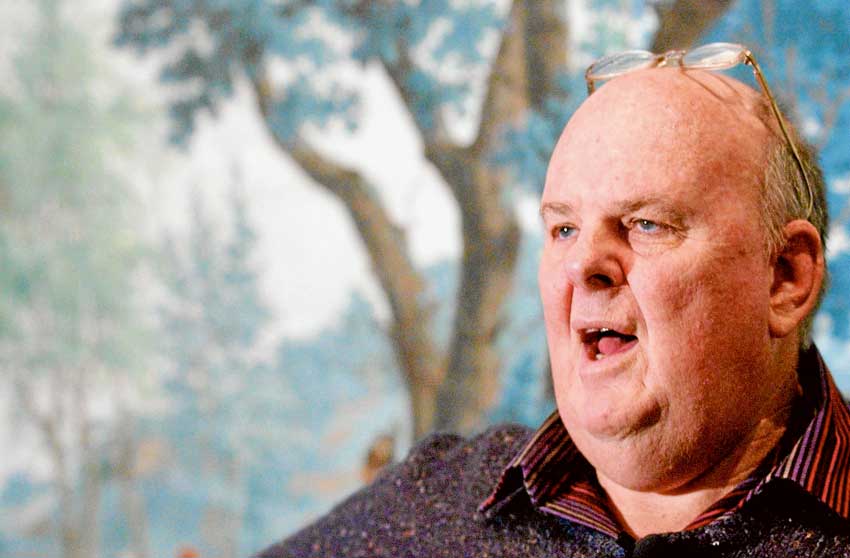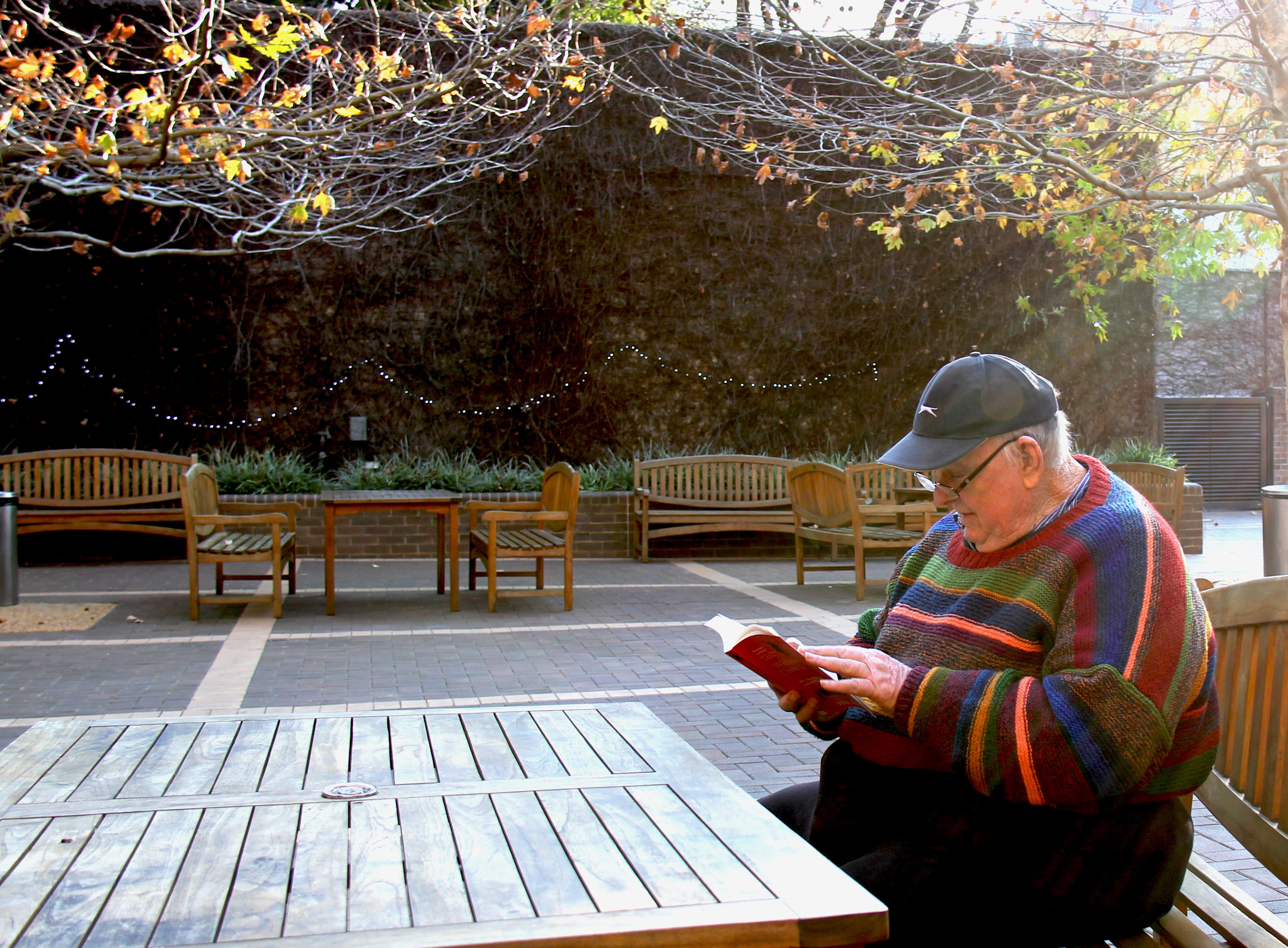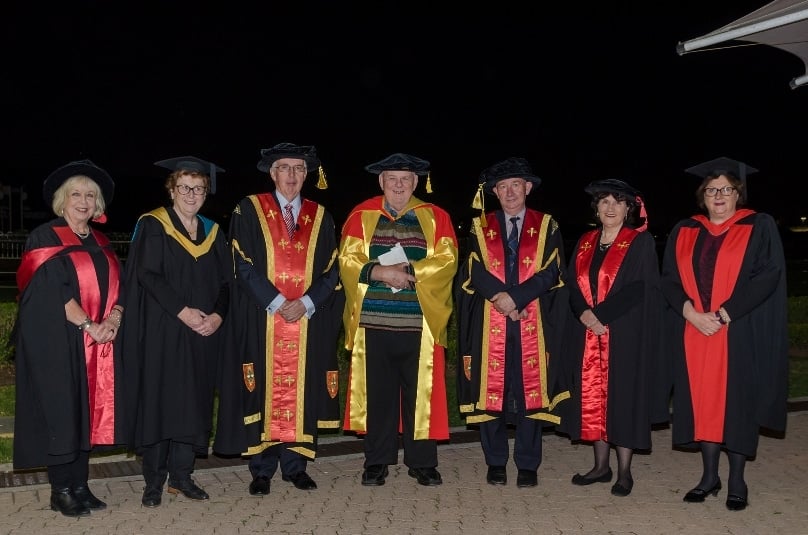
Catholic poets and academics have remembered Australian poet Les Murray for his deep faith along with his much-lauded literary genius.
The prolific poet and former literary editor of Quadrant died in a nursing home in Taree on 29 April aged 80. He has been honoured from across the country and the English-speaking world as Australia’s unofficial poet laureate and one of the finest poets in the English language. But among the tributes which flooded in the day after his death came some describing the giant of literature as a man whose work reflected his relationship with God.
Related article: Sydney universities honour poet Les Murray
Executive officer (academic) at the Ramsay Centre for Western Civilisation and poet Stephen McInerney told The Catholic Weekly he had received many kindnesses from Les Murray, whose goodness was often overlooked because of his genius and literary status.
The poet was also inspired by a deep spirituality, for example calling the Eucharist the “food that solves the world,” Mr McInerney said.
“Les’ vision was spacious and Catholic, looking always for new, creative ways to include the odd and overlooked.
“[He also knew that] only the Kingdom of God reconciles justice and mercy, the claims of the community and the rights of the individual, and he was always impatient for its realisation.”

In 2016 Murray was awarded an honorary doctorate by the Australian Catholic University; vice chancellor and president Greg Craven said he was greatly saddened by the news of his death. The poet lived as he wrote, Prof Craven said, “with great passion, intelligence and deep faith”. “His writing has made a significant contribution to the spiritual and literary wealth of the nation,” he added.
Campion College Australia posted a tribute to Murray on its Facebook page, saying he was a “great friend of Campion College” and many of its staff, alumni and former students. “He will be greatly missed,” it said.
Clara Geoghegan of the Catherine of Siena Institute Australia said that the poet’s work, while not explicitly religious, was rich in imagery and observations grounded in God.
“His ability to invoke human emotions, including deep compassion, was also reflective of God,” she said. “He was clearly able to identify poetry as his vocation—a vocation which put him outside mainstream society and which required radical dependency on God’s providence.”
A convert to Catholicism Les Murray was received into the Church in 1964. He credited his wife Valerie, as one of the reasons for his conversion. He was rare among Australian writers in publicly declaring his faith, dedicating his almost 30 volumes of poetry and other books “to the greater glory of God”.

Leslie Allan Murray was born in 1938 in Nabiac, near his family home in Bunyah in northern NSW where he spent the final decades of this life. At various times he lived in Sydney and obtained an arts degree from the University of Sydney.
The highly decorated poet made poetry his full time career in the early 1970s and was recognised in 1989 with an Order of Australia. He won many prestigious international prizes including the TS Eliot Award in 1997 and the Queen’s God Medal for Poetry in 1998 and a Prix des Trois-Rivieres in 2014. He was open about his battle with depression, including in a memoir titled Killing the Black Dog, and in so doing contributed to destigmatising the illness in the wider community.
Following his death Federal Arts Minister Mitch Fifield said Australia and the world, “has lost a rare individual’, while his agent of 30 years, Margaret Connolly, told media the loss to Australian writing “could not be underestimated”.
